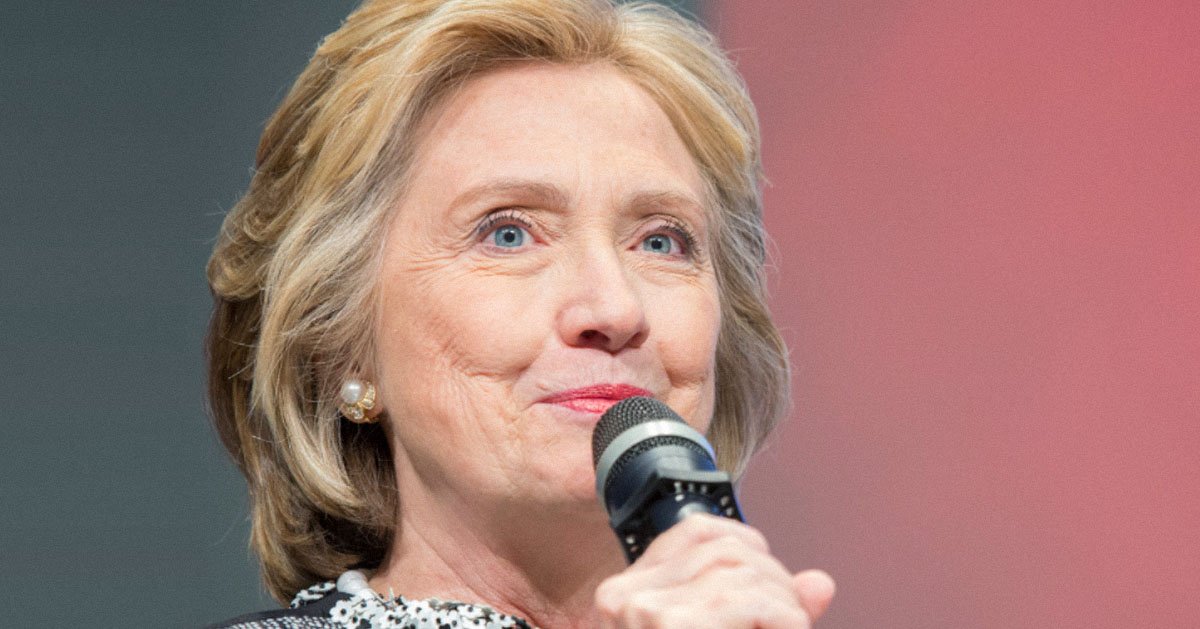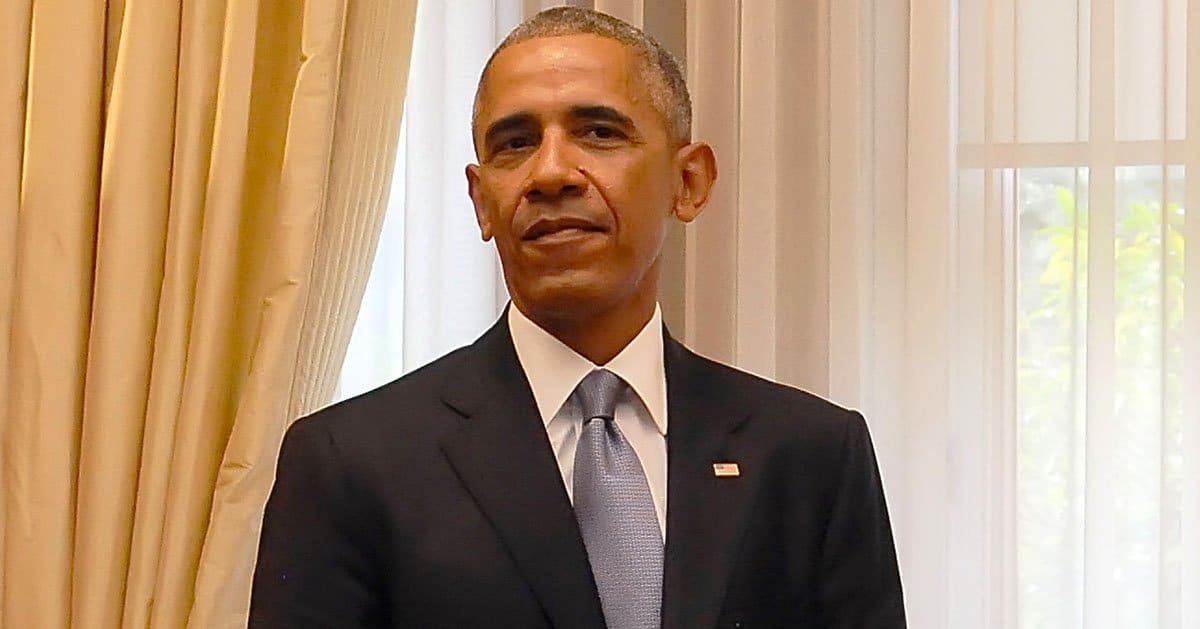

In a revealing moment at a White House Ramadan dinner, President Joe Biden attributed a firm stance on the Israel-Hamas conflict to First Lady Jill Biden, sparking discussions on her influence over US foreign policy.
The New York Post reported that at a recent White House event, President Biden shared that the First Lady believes Israel's military actions against Hamas must come to an end, underscoring internal discussions on the US's approach towards the conflict.
During this intimate gathering, President Biden quoted Jill Biden’s words regarding the conflict between Israel and Hamas, indicating a direct plea for cessation: “Stop it. Stop it now.”
This anecdote puts a spotlight on the fact that the First Lady seems to be overly influential when it comes to the Biden administration's handling of relations with Israel.
The White House has since affirmed the President’s account, signaling a unified stance between the President and the First Lady. Their shared concern for the humanitarian crisis in Gaza, especially the impacts on civilians and aid workers, has been brought to the forefront of discussions on US foreign policy towards Israel and Gaza.
This gesture by President Biden was interpreted as an effort to underscore his serious considerations about the ongoing violence in Gaza. It aligns with his broader policy threats, including the potential withholding of aid to Israel to enforce a more protective stance towards civilian lives and the facilitation of humanitarian relief.
The narrative around Jill Biden's remark and the President's disclosure at the dinner has fueled debates on her influence over him, particularly given her perceived left-leaning educational background and the age difference between the couple. Critics and observers alike have pondered the extent of her sway on Biden's policy decisions, especially in matters of international significance.
Speculation about Jill Biden’s political influence has not only focused on her ideological leanings but also considered the dynamic of her relationship with the President against the backdrop of his age and public appearances. This curiosity extends to the broader dynamics within the Biden White House and how decisions, particularly those regarding foreign policy, are influenced by personal convictions.
Critics have raised questions about the authenticity of Biden's stance on Israel, suggesting that his actions, including the decision not to veto a UN resolution for a ceasefire, could be strategic rather than genuine. The potential discrepancy between public statements and private convictions has added layers to the discussion on US foreign policy's transparency and motivation.
Moreover, the portrayal of the President’s stance on Israel and its implications for US public support has been scrutinized. Suggestions that President Biden’s public positions might be aimed at bolstering his image rather than reflecting a consistent policy approach have sparked debate on the sincerity and effectiveness of US diplomatic efforts.
The ongoing dialogue about the First Lady's role and influence in shaping US foreign policy, particularly towards Israel and Gaza, underscores the complexity of political leadership and the personal dimensions that can inform policy decisions. The discussions also highlight the broader implications of such dynamics for US international relations and domestic political discourse.
As speculation continues about the future revelations from the Biden White House, the situation presents an opportunity for deeper analysis of the intersection of personal influence and public policy. The evolving narrative around the First Lady's involvement in discussions on Israel and Gaza adds a unique dimension to the understanding of American foreign policy under the Biden administration.
In conclusion, the anecdote shared by President Biden at the White House Ramadan dinner regarding Jill Biden's stance on the Israel-Hamas conflict has opened up a broader conversation on the role of personal convictions in shaping US foreign policy. This discussion, framed by the First Lady's views, President Biden's policy positions, and the wider political reactions, encapsulates the complexities of governance where personal and public spheres intersect. As this narrative unfolds, it continues to shape perceptions of leadership and influence within the highest echelons of American politics.



